Dog aggression can be challenging and stressful, whether it’s directed at other dogs, people, or specific triggers like food, toys, or territory. Many pet owners struggle to find safe and effective ways to manage aggressive behavior, especially when fear, anxiety, or past trauma are involved.
In this guide, we’ll break down the common causes of aggression in dogs, training techniques that can help, and explore whether CBD for dog aggression is a natural solution worth considering. If your dog resists handling or won’t allow you to administer CBD oil directly, CBD chews or treats may be a safer and more convenient option. Let’s dive into how you can help your dog stay calm and balanced.

Can You Use CBD for Dog Aggression?
CBD may help manage aggression in dogs by promoting calmness and reducing stress. Aggressive behavior in dogs is often linked to anxiety, fear, or underlying discomfort, and CBD is known for its potential to ease these issues.
Research has suggested that CBD may reduce aggressive behavior toward humans in shelter dogs.
CBD interacts with the endocannabinoid system, which helps regulate mood and stress responses. By promoting balance, it may reduce anxiety and make dogs less reactive to triggers that typically cause aggressive behavior.
While many pet owners report success using CBD for aggression, it’s important to note that results can vary. Always consult your veterinarian before introducing CBD to your dog’s routine, especially if the aggression is severe or linked to a medical condition.
CBD Treats vs Oils for Dog Aggression
CBD treats and oils are popular options for managing dog aggression. Both options provide certain advantages, depending on your dog.
CBD treats are a convenient way to administer a measured dose, making them ideal for dogs who don't want people (or oil droppers) near their mouths. You can simply drop treats where your dog will find them, and that prevents any chance of your dog snapping at you. Note that calming CBD soft chews and treats are effectively the same thing.
CBD Oils, on the other hand, offer more flexibility in dosing and can be added to your dog’s food or given directly. Oil tends to be more effective because it's absorbed by the blood vessels in the cheek. This allows more of the active ingredient, CBD, to enter the blood stream whereas some is lost through the digestive system in treats.
Types of Aggression in Dogs
According to the ASPCA, there are 11 common types of dog aggression. Helping your dog overcome aggression always starts by developing a clear picture of the problem and its causes.
The outdated “dominance” model of canine psychology assumes that most aggression problems are caused by excessive dominance or lack of submission. We now know, however, that dogs have complex social and emotional lives. Aggression is often triggered by fear, insecurity, and anxiety.
Take a look at the 11 types of dog aggression above and notice that almost all of them (with the exceptions of pain-induced and predatory) involve anxiety and aggression about a certain trigger.
1. Fear
Fear aggression occurs when a dog reacts aggressively due to anxiety or fear of a specific situation or person, such as encountering a loud noise. CBD may help reduce anxiety levels in fearful dogs, potentially leading to calmer behavior in stressful situations.
2. Redirected
Redirected aggression happens when a dog is frustrated by a trigger but instead directs that aggression toward another dog or person nearby. CBD may assist in calming the dog, allowing for better control of their reactions to frustrating situations.
3. Territorial
Territorial aggression arises when a dog perceives a threat to their home or space, often leading to aggressive barking or lunging at intruders. CBD could help create a more relaxed environment, potentially reducing the impulse to react aggressively to perceived threats.
4. Defensive
Defensive aggression is a reaction to a perceived threat, where a dog feels the need to protect itself from harm. By potentially alleviating anxiety, CBD may help dogs feel more secure and less likely to react defensively.
5. Pain Induced
Pain-induced aggression occurs when a dog feels threatened or in pain, often leading to aggressive behaviors. CBD may provide some relief from discomfort, which could help reduce aggressive responses associated with pain.
6. Protective
Protective aggression is displayed when a dog feels the need to defend their owner or family. CBD may help create a sense of calm in protective dogs, allowing for more measured responses to perceived threats.
7. Social
Social aggression can manifest when dogs are unsure of how to interact with other dogs or people, leading to aggressive behaviors. By potentially reducing anxiety, CBD might facilitate more positive social interactions.
8. Dynamic/Relational
Dynamic or relational aggression arises from conflicts within a household, often between resident dogs. CBD could promote a more relaxed atmosphere, which may help ease tensions between dogs.
9. Possessive
Possessive aggression occurs when a dog feels the need to guard their food, toys, or space from others. CBD may help mitigate anxiety related to resource guarding, fostering a calmer demeanor around possessions.
10. Frustration
Frustration aggression can happen when a dog is prevented from reaching a goal, such as getting to a toy or another dog. CBD may help reduce overall frustration levels, allowing for better self-control.
11. Predatory
Predatory aggression is driven by a dog's instinct to chase and capture prey, which can include smaller animals. CBD might assist in moderating impulsive behaviors, potentially leading to calmer reactions in situations that trigger predatory instincts.
Final Thoughts on Using CBD for Your Dog's Aggression
Aggression in dogs is often a response to fear, frustration, or underlying discomfort, and managing it requires a comprehensive approach that includes training, behavioral modification, and veterinary guidance. While CBD is not a cure for aggression, it may serve as a helpful tool in promoting relaxation and reducing stress-related triggers that contribute to aggressive behavior.
For dogs that struggle with territorial behavior, social anxiety, or fear-based aggression, CBD treats and oils may help create a calmer, more balanced state, making training and desensitization efforts more effective. However, results can vary, and CBD should be used alongside professional training and proper socialization techniques.
If your dog exhibits aggressive or reactive behavior, always consult your veterinarian or a certified trainer to develop a safe and effective plan. With the right support and management strategies, you can help your dog feel more secure and improve their overall well-being.
Frequently Asked Questions About CBD for Dog Aggression
Can CBD help reduce dog aggression?
CBD may help reduce dog aggression by promoting calmness and lowering stress levels.
How long does CBD take to work for dog aggression?
Most dogs respond to CBD within 30–60 minutes, depending on the format and dosage.
Is CBD safe for aggressive dogs?
CBD is generally considered safe for dogs, but you should consult your veterinarian before use.
Should I use CBD treats or CBD oil for dog aggression?
CBD oil offers more precise dosing, while CBD treats are easier to administer for dogs who resist handling.
Can CBD replace training for aggressive dogs?
No, CBD cannot replace training but may support behavior modification by reducing stress and reactivity.

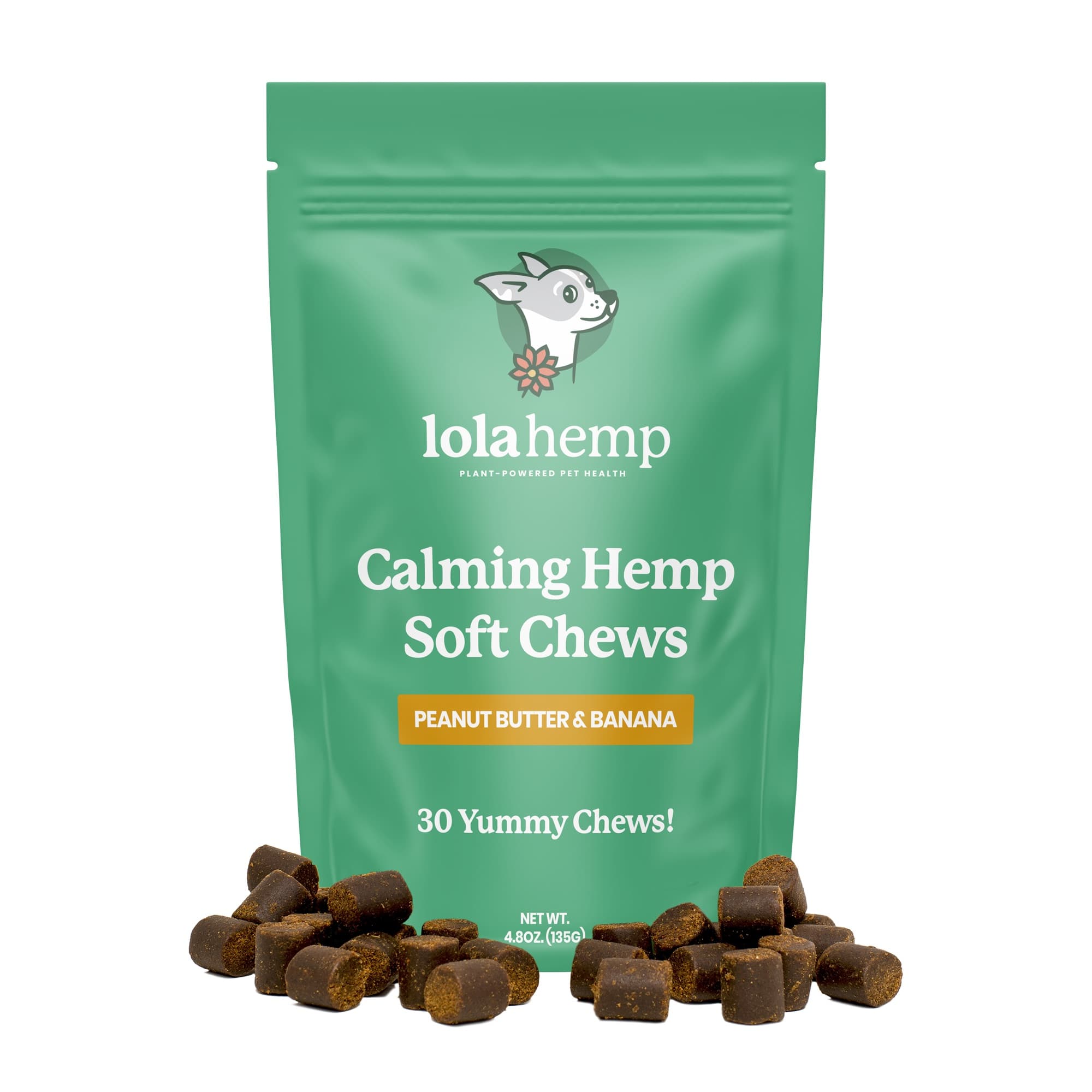
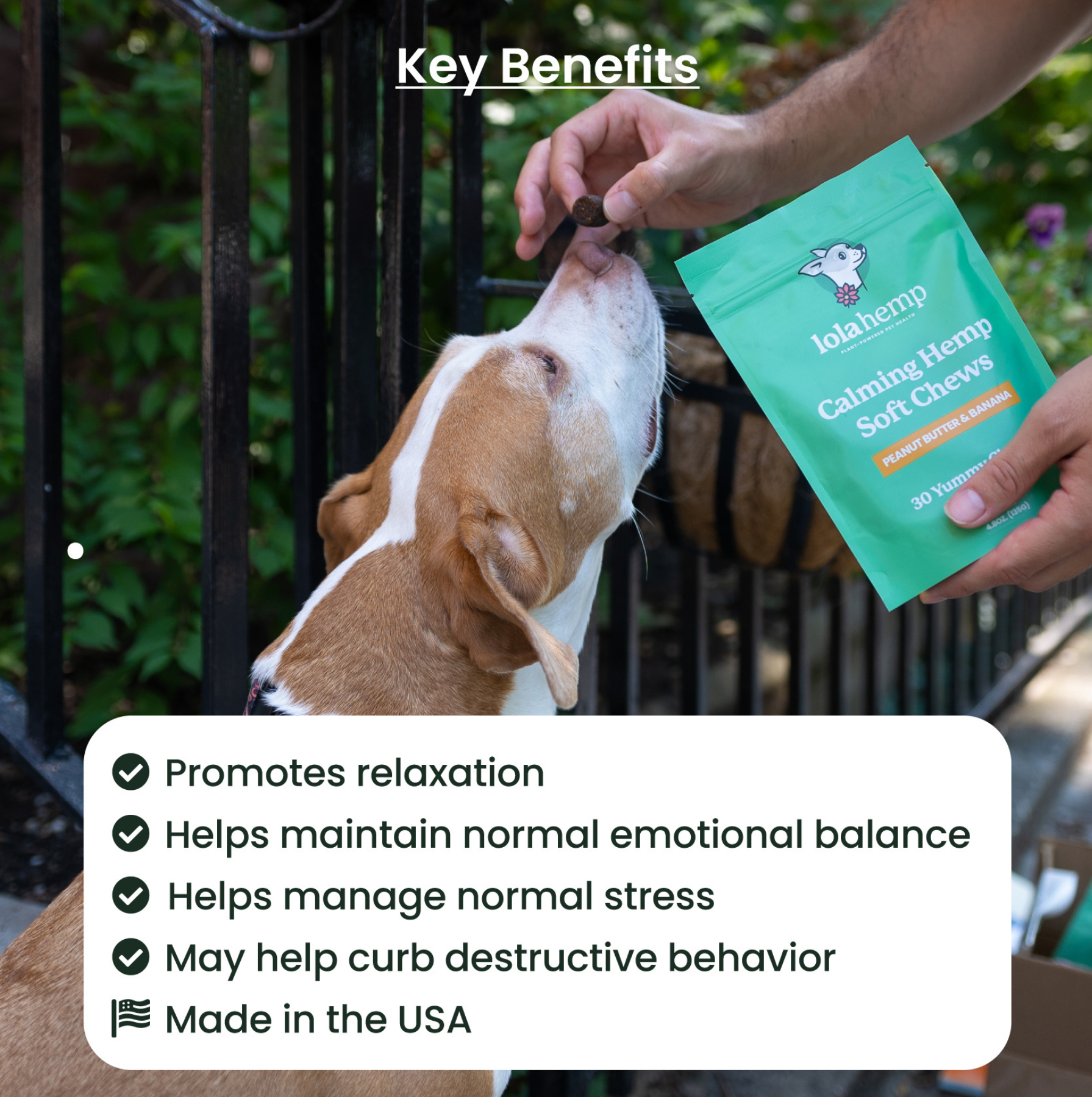
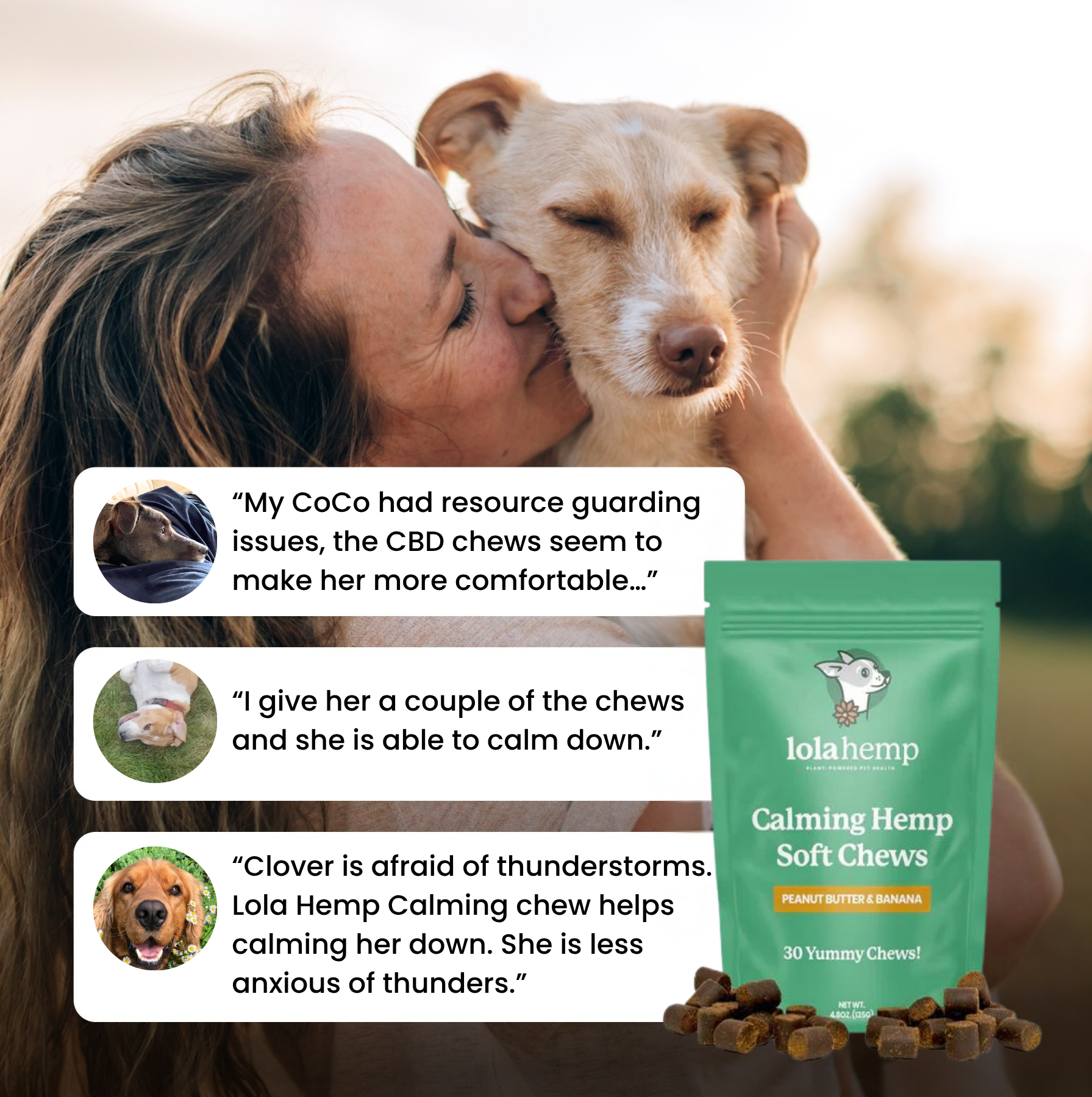
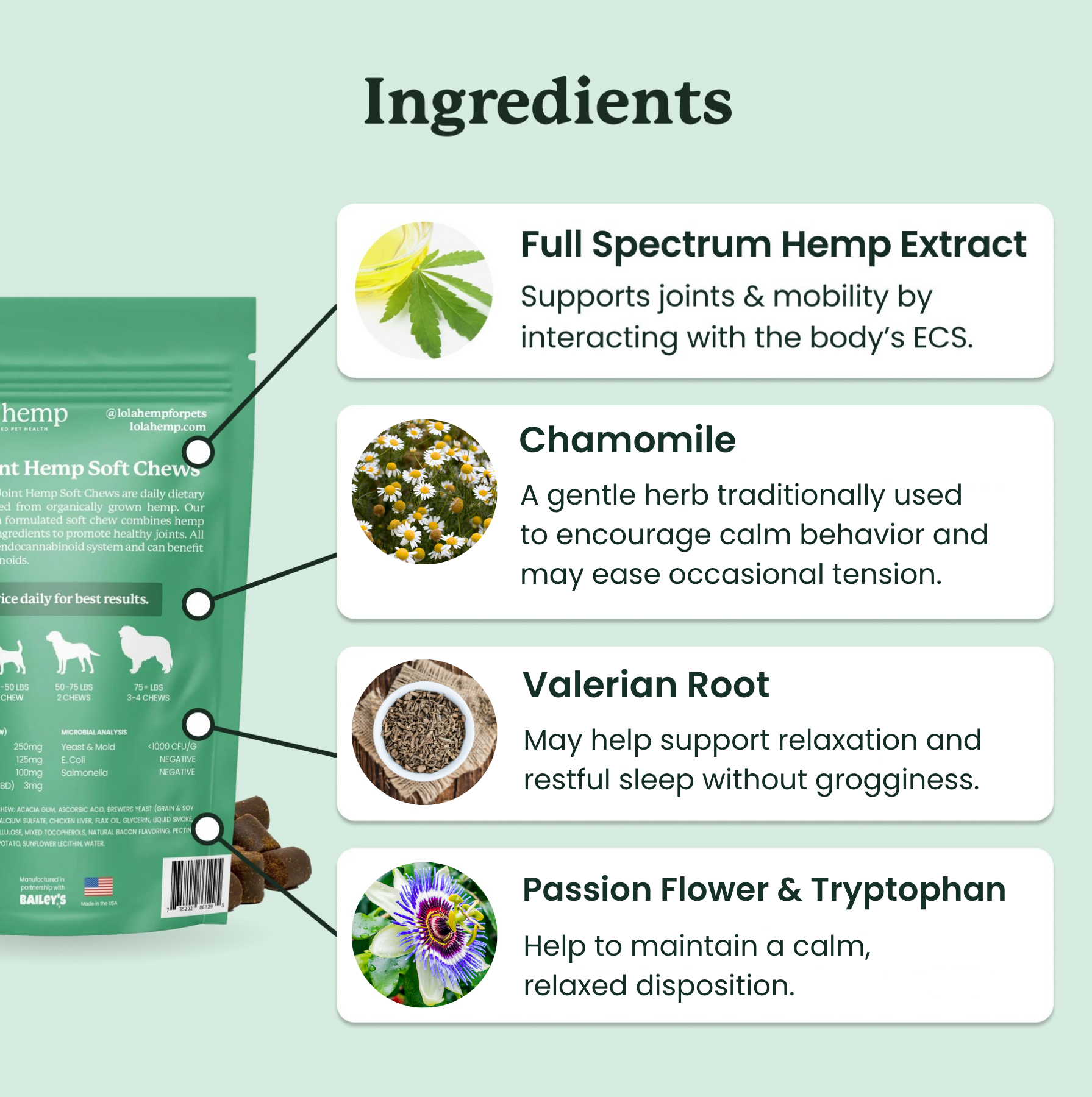
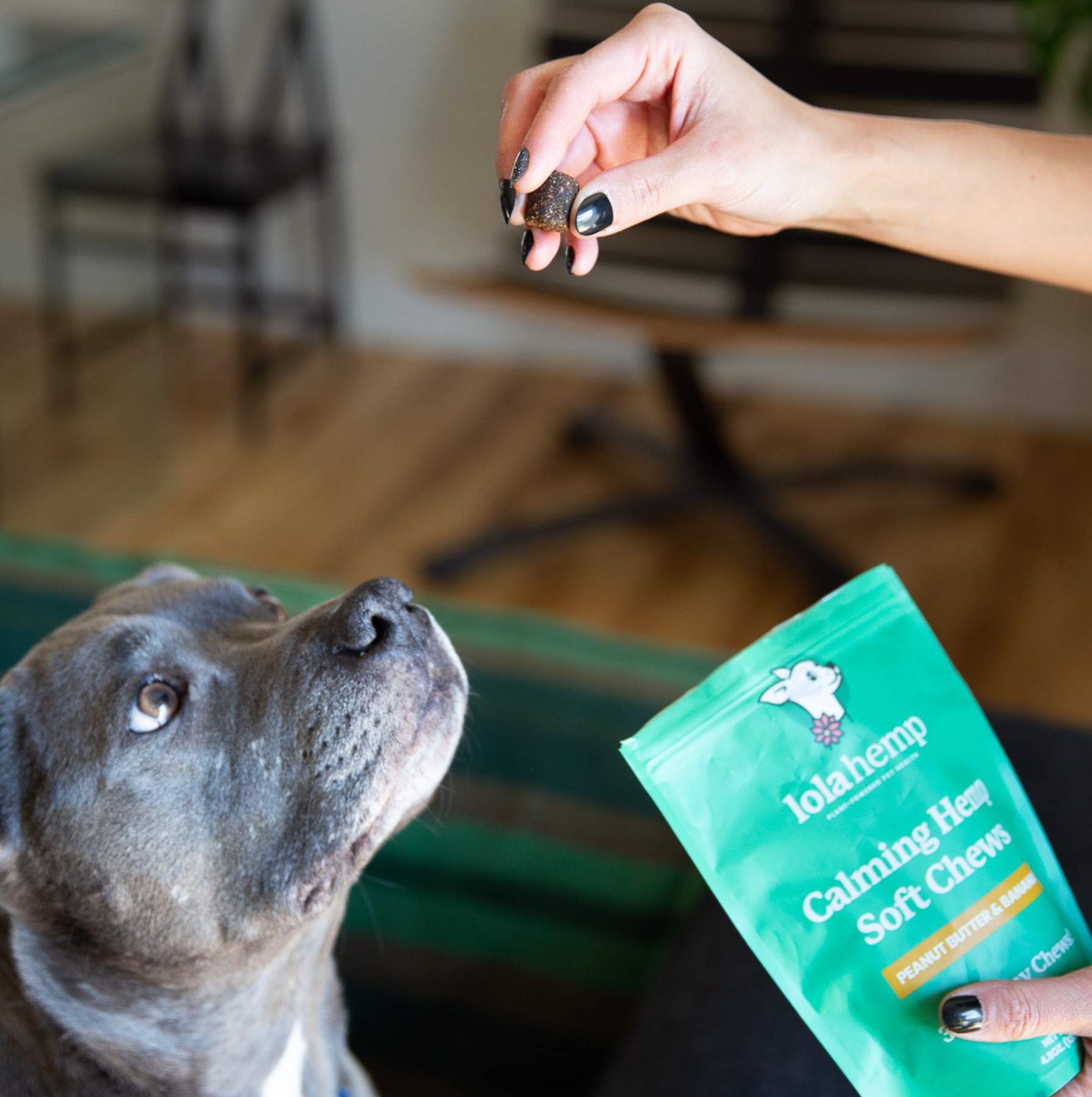
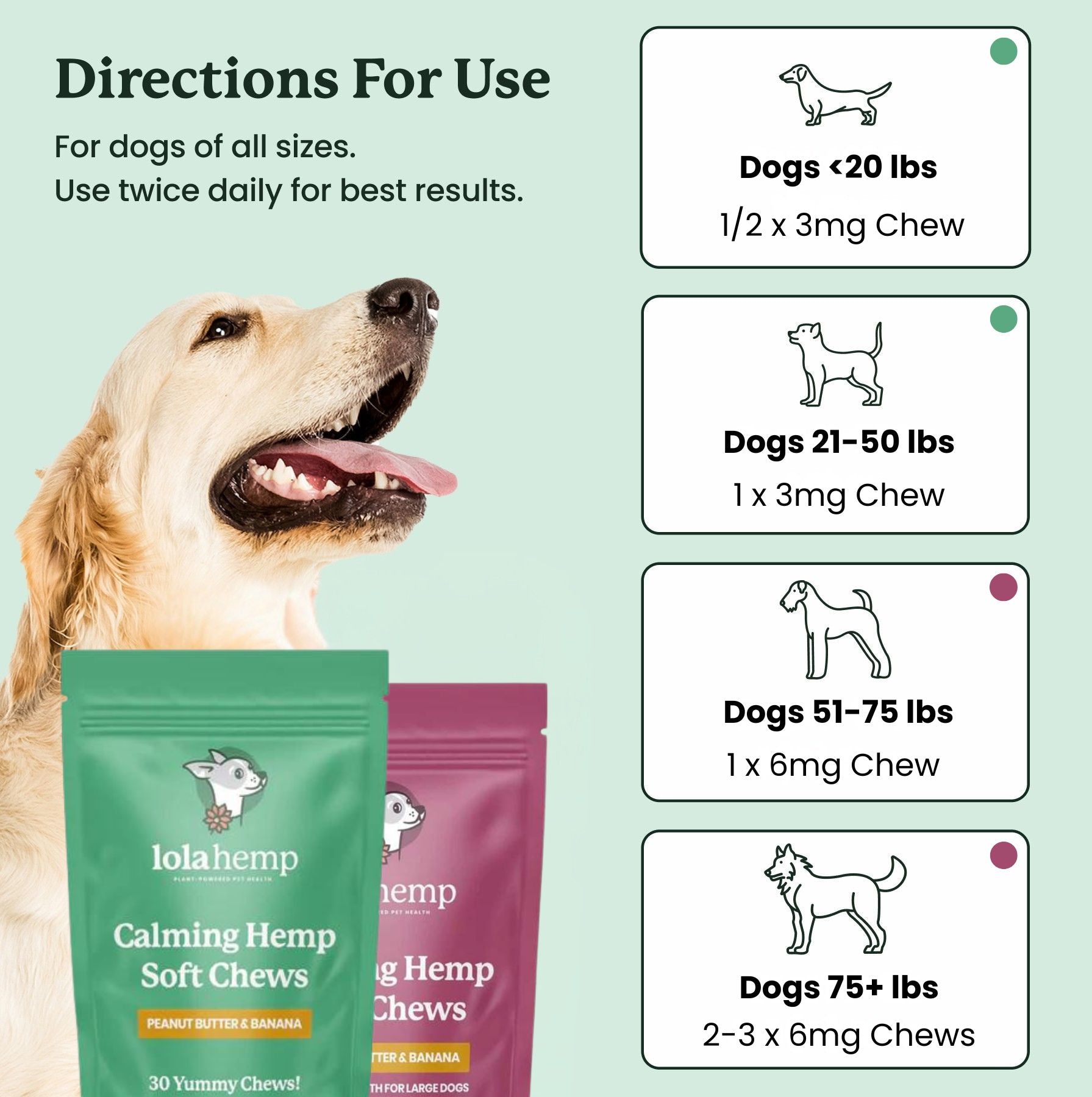




Comment
Looking to try CBD oil with a dog with aggression and reactivity problems, she is a foster dog from a local rescue (SSR) for me and then beautiful personality but highly reactive to other dogs. I am wondering how I could buy some and also wondering if you might consider donating to this rescue or one of your time is that you send out product? Gratefully yours look forward to hearing from you soon, Cheryl